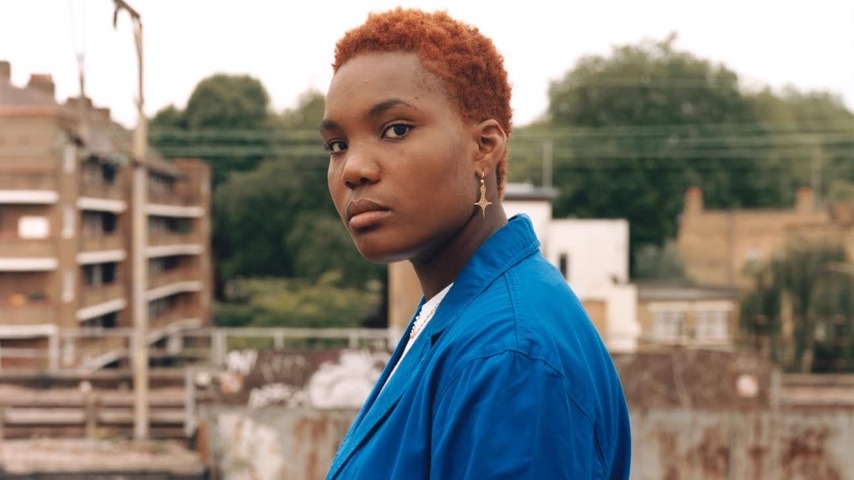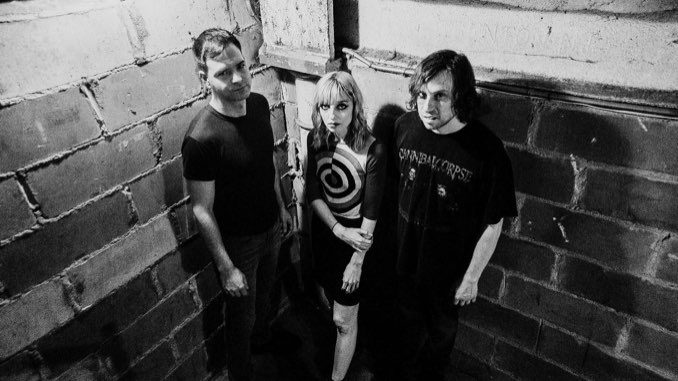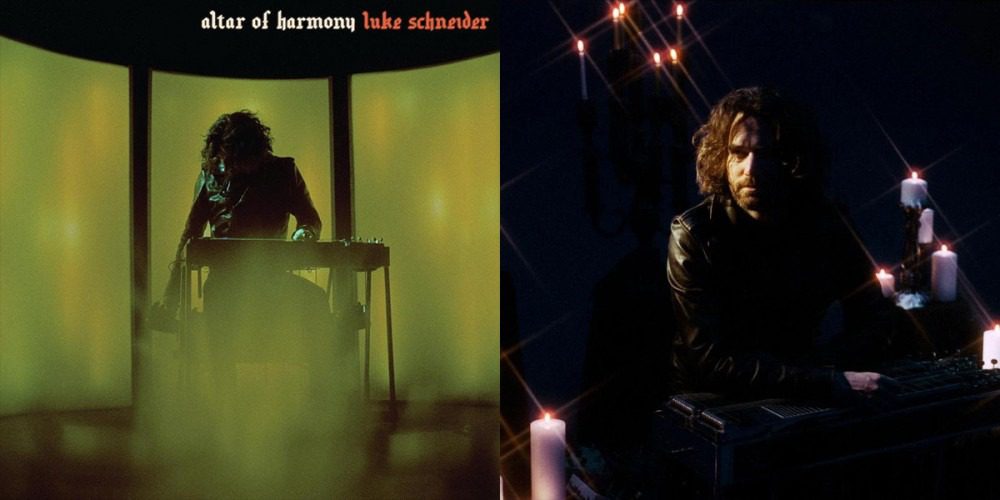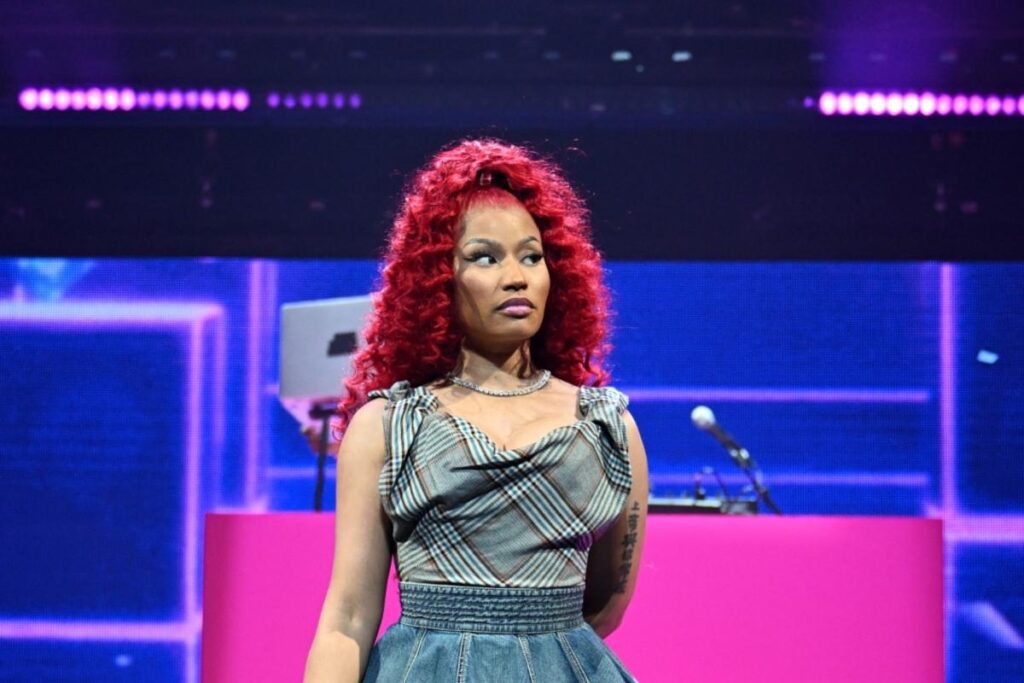Over the past year, Black women have defined and redefined themselves in many different ways. Kamala Harris, for example, was elected vice president of the United States. With her pearl necklace, stylish work suits and knowledgeable eloquence, she presented a sharp contrast not only to Donald Trump and Mike Pence, but also to Cardi B. and Megan Thee Stallion.
Those two women were responsible for the viral video “WAP.” Skimpily dressed in a fantasy sex palace, Cardi and Megan rapped and sang their way through a series of commands for what their men should do to their “wet ass pussy.” In their own cartoonish, over-the-top way, they too made a case for women taking control of their lives.
No one wants Harris discussing her sex life in public, and no one wants Cardi and Megan analyzing the budgetary impact of a Covid-19 relief bill. But surely there must be some middle ground, a place where Black women can discuss their emotional and physical relationships without the role-model reserve of Harris nor the comic exaggeration of Cardi and Megan. Surely there are Black female artists smart enough and stubborn enough to define their own experiences without having a male-dominated entertainment industry do it for them.
And there are. Jazmine Sullivan, Arlo Parks, Celeste and Sunny War, who all write their own songs, have released recent albums that do just that. Sullivan has the highest profile of this group, racking up a dozen Grammy nominations since her gold album debut in 2008 and singing the National Anthem (with Eric Church) at this year’s Super Bowl. And her fourth album, Heaux Tales, manages to contain both the political awareness of Harris and the frank carnality of Cardi and Megan.
It’s a concept album with six minute-long, spoken-word interludes with the Philadelphia-raised Sullivan’s female friends talking about their own sexuality. These snippets, subtly bolstered by organ and beats, are followed by songs that further explore the same topics.
For example, after Sullivan’s godmother Donna Anderson and her friends laughingly discuss using sex to get gifts out of their husbands and boyfriends, Sullivan sings “Pricetags,” where the narrator declares, “I’ma take all I can get; that money keeps the pussy wet.” By contrast, the interview with singer Ari Lennox reveals that pure pleasure can be motivation enough for sex. That’s followed by “On It,” a duet between Lennox and Sullivan about the delights of a really big penis.
These songs are balanced by songs that explore the emptiness of drunken, promiscuous sex (“What did I have in my cup? I don’t know where I woke up,” she sings in “Bodies”) and the sting of betrayal (“You ran out of chances of forgivin’, yeah, listen, I ain’t listenin’,” she sings on “Pick Up Your Feelings”). She preaches self-reliance and then preaches against it, hoping to marry a millionaire rapper on “The Other Side” and deciding to dress up like “a hoe” to get her man back on “Girl Like Me,” a duet with H.E.R.
Politically the record is a mess, contradicting its claim of female independence with a willingness to return to dependence if the circumstances are right. In interviews, Sullivan insists that these songs are portraits not of herself but of her friends; she was primarily interested in figuring out how they arrive at their decisions—right or wrong. And the songwriter’s character descriptions come across as real, flawed women, not as show-biz fantasies.
Reinforcing that realism is Sullivan’s stubborn refusal to go the diva route of adding extra notes of melisma everywhere, needed or not. Instead Sullivan trusts the words to speak for themselves without extra ornamentation. She applies old-school gospel-soul restraint to her vocals, though she allows the neo-soul and hip-hop production to shape her phrasing. This musical fusion of different eras implies that these issues have been with Black women for a long time and will be or a long time to come.
Celeste photo by Eliza Vetaporodina
Taking a more progressive approach to these issues is Celeste, a California-born, Brighton-raised singer whose debut full-length album, Not Your Muse, topped the British charts in January. She has also contributed three songs to the Trial of the Chicago 7 soundtrack and one to the Soul soundtrack. She has the kind of sultry soprano and swelling vowels that once made Sade and Amy Winehouse so alluring.
But it’s Celeste’s songwriting that truly stands out on this album. It opens with the declaration that she “may not be your ideal woman, the heaven in your head,” and she’s just fine with that. Maybe she’s too tall, maybe she’s too proud, but she’s not going to pretend to be something she’s not just to please some man.
On the title track, she riffs on the same theme, telling her lover that they can continue, but only if he takes her off a pedestal and accepts her, flaws and all. Both songs are sung with relaxed confidence over a spare guitar figure, sounding like a singer/songwriter project. And the words are strong enough to carry such minimalism.
Celeste is also capable of reckless desire, as she proves on the synth-and-beat-driven anthems, “Tonight Tonight” and “Stop This Flame.” She has the pipes to compete with Florence Welch and Robyn on this front, but most of the album is devoted to the understated intimacy of the singer/songwriter material.
On “Tonight Tonight,” she sings, “I was listening to love songs; no one listens anymore,” and retro touches bubble up from under the neo-soul production. “Love Is Back” has the push-and-pull drumming, chiming vibraphone and horn accents of classic Philly Soul. The romantic ballad “A Kiss” is framed by an acoustic-guitar arpeggio out of British folk music. “A Little Love” resembles a song from a classic Disney cartoon. A jazz piano riff jumpstarts “Stop This Flame.”
These older sonic flavors have the paradoxical effect of making this music sound new, just because it doesn’t sound like everything else being released today. And it echoes the push-and-pull in the lyrics between independence and desire. Celeste isn’t willing to abandon romance and pleasure for a political principle, but neither is she willing to sacrifice her self-respect on the altar of sex. She wants it all, and her songs reflect the difficult search for that balance.
On Sullivan’s album, the oral-history snippet “Rashida’s Tale” is a reminder that lesbians face many of the same dilemmas that their straight sisters do. Arlo Parks, a bisexual London singer, further explores this reality on her debut album, Collapsed in Sunbeams, a top-three debut UK album in January, just like Celeste’s.
On the song “Eugene,” for example, Parks (born in Paris in 2000 as Anaïs Oluwatoyin Estelle Marinho) describes how she developed a crush on her best friend, only to watch that woman fall for a man. The ultimate betrayal is when the friend reads with the boyfriend the same Sylvia Plath poems she had once shared with the narrator.
The reference to Plath is an indication of the poetic care Parks brings to these lyrics. In “Caroline,” for example, she sees a couple fighting at a bus stop, her “strawberry cheeks flushed with defeated rage” while “he spilled his coffee as he frantically explained.” Soon the man is screaming from the sidewalk, “I swear to God I tried.” This is all vivid enough, but without warning, the narrator starts singing to her own departed girlfriend. “I swear to God I tried,” she shouts as “shards of glass” fill her feelings.
The song “Black Dog” takes its title from Winston Churchill’s term for deep depression, and the narrator is desperately trying anything to rouse a friend from such an episode. “I’d lick the grief right off your lips,” she offers in a melody cheerful enough to sound hopeful but woozy enough to sound doubtful. As those gentle waves of tunefulness wash against an impossible situation, she adds, “Let’s go to the corner store and buy some fruit; I would do anything to get you out your room.”
This juxtaposition of seductive music and bleak lyrics creates much of the album’s drama. Parks is “making rainbows out of something painful,” as she sings in “Portra 400.” The lyrics contain references to British rock stars Thom Yorke and Robert Smith, and Parks’ music is less indebted to American R&B than Sullivan’s or Celeste’s. The record doesn’t sound like Radiohead or the Cure, and neither does it sound like Adele, whose producer Paul Epworth co-wrote and produced two of the songs. With their reverberating guitar chords and sleekly minimalist beats, the songs sound like Joni Mitchell might have if she’d been produced by Pharrell Williams.
Sunny War achieves a similar sound on her fourth album, Simple Syrup, with the difference that War herself is playing the tricky acoustic-guitar parts that sound more than a little like such British pickers as Richard Thompson and Bert Jansch. But War (born Sydney Lyndella Ward in Nashville) is a formerly homeless person who has turned her life around to become an accomplished guitarist, songwriter and community organizer (founding the first L.A. chapter of Food Not Bombs). And her vocals boast the bluesy alto of a Meshell Ndegeocello or Joan Armatrading.
The new album features a tribute to Nina Simone, “Like Nina,” that begins with an intricate, relaxed-tempo guitar duet between War and Milo Gonzalez and goes on to muse that women who look like Nina more than Tina (Turner) are less likely to become glamor stars and more like to dig into the edgier margins of society. That’s just what War does on songs like “Kiss a Loser,” where she excoriates a man who’s clearly offering to help her when she’s down-and-out as a way to get in her pants. “I’ll tell you that I love you,” she sings, “while wishing you were dead.” The gorgeous guitar solo supplies a welcome antidote to the sordid encounter.
The same thing happens on “Its Name Is Fear,” which pits an enchanting guitar figure against an unsparing tale of life in prison, and on “Deployed and Destroyed,” the story of a veteran who ends up homeless. War hints at the origins of her guitar style on “Losing Hand,” which convincingly echoes a pre-World War II country blues. Fishbone’s Angelo Moore contributes theremin and backing vocals to “Eyes,” which also boasts Niall Ferguson’s cello. These sustained-note instruments swell against the probing guitar and vocal, as War explains how she survived on the streets thanks to the “eyes in the back of my head, guardian angels too, friends … watching all that I do.”
Just as Kamala Harris and Cardi B. provided useful role models for young Black women, so do Sullivan, Celeste, Parks and War. It’s important that role models come in the plural, for there are as many ways to be a successful Black woman as there are to be a successful white man or Asian woman. We all need lots of options, for life is a multiple-choice test.
And what do these albums provide for those of us who aren’t Black women? Well, for one, it helps us better understand the internal lives of those women. But more importantly, these songs provide insights into our own lives. All of us—no matter what our race or gender—have to struggle with romantic relationships. Rarely are we satisfied when we have such a partnership, and rarely are we happy when we don’t. We need as many perspectives on this problem as we can get, so we’d be fools not to welcome these. As Parks sings, “We all have scars; I know it’s hard.”




